Company News, Industry News, News
Do Dry Herb Vaporizers Smell? The Definitive Yocan Guide to Vapor, Scent & Discretion
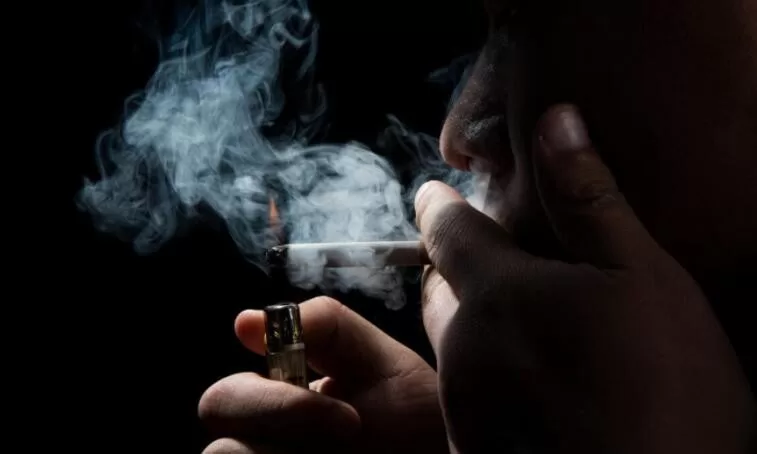
As the official team at Yocan, a leader in vaporizer technology, we understand that discretion is as important to our users as performance. One of the most common questions we encounter from both new and experienced users is: “Do dry herb vaporizers smell?”
The simple answer is yes, they do. However, this answer is deceptively incomplete. The scent produced by a vaporizer is fundamentally different from the pungent, lingering odor of smoke. To truly understand this, we need to move beyond a simple “yes” and explore the science of what you’re smelling, why you’re smelling it, and most importantly, how you can control it.
This definitive guide will deconstruct the scent of vapor, establishing you as an informed user with complete control over your experience.
The Science of Scent: Vaporization vs. Combustion
The core reason for the difference in smell lies in the heating process. What you’re smelling are not the byproducts of burning, but the pure essence of your chosen herb.
- Combustion (Smoking): When you light an herb, you are causing combustion—a chemical process that burns the material at temperatures exceeding 450°F (232°C). This process destroys many of the delicate compounds (like terpenes) and creates over 100 new chemical byproducts, including tar and carcinogens. The result is smoke: a thick, acrid, and heavy odor that clings stubbornly to hair, fabric, and walls.
- Vaporization (Vaping): A dry herb vaporizers, like the Yocan brand, work a little differently. It heats your herb to a precise temperature below the point of combustion. Instead of burning, it gently “bakes” the material, causing the active compounds—cannabinoids and, crucially for scent, terpenes—to be released in a fine aerosol, or vapor.
- Expert Insight: Think of it like the difference between toasting bread and burning it. One releases a pleasant, aromatic scent, while the other creates a harsh, unpleasant smoke. Vaporization is the “toasting” of the botanical world.
The Smell Spectrum: What Does Vapor Actually Smell Like?
Because vapor is primarily composed of terpenes (the aromatic oils in plants), its scent is a much cleaner, more authentic representation of the original herb. Users often describe the smell of vapor as:
- Earthy and botanical
- Similar to roasted nuts or toasted popcorn
- A subtle hint of the herb’s specific strain (e.g., piney, citrusy, or floral)
Crucially, this scent is lightweight and non-resinous. It dissipates from the air within minutes, rather than hours or days, and doesn’t deeply penetrate surfaces like smoke does.
The 4 Key Factors That Determine Smell Intensity (And How to Control Them)
1. Temperature: The Master Control
Temperature is the single most important factor. Different compounds vaporize at different temperatures.
- Low Temperatures (e.g., 320°F – 350°F / 160°C – 177°C): At this range, you primarily release the most volatile terpenes. This produces the most flavorful, least dense vapor with a minimal, pleasant aromatic scent. This is the sweet spot for discretion.
- High Temperatures (e.g., 390°F – 430°F / 199°C – 221°C): Pushing the temperature higher produces thicker, denser vapor clouds. While this extracts more cannabinoids, the scent becomes more pronounced and “roasted,” closer to the smell of ABV (Already Been Vaped) material.
Devices with precise temperature control, a hallmark of Yocan engineering, give you the power to dial in your perfect balance of flavor, effect, and discretion.
2. Heating Method: Conduction vs. Convection
The way your vaporizer heats the herb also plays a subtle but important role.
- Conduction Vaporizers (e.g., Yocan HIT 2): These heat the herb through direct contact with a hot surface (usually a ceramic or quartz chamber). This can sometimes lead to a slightly more “toasted” aroma as the material touching the walls gets hotter.
- Convection Vaporizers (e.g., Yocan Vane 2): These work by passing heated air through the herb, heating it evenly. This method is renowned for producing a purer flavor profile and a cleaner, less intense scent, as it minimizes the risk of scorching.
3. Herb Quality and Condition
Fresher, more potent herbs with a higher terpene concentration will naturally produce a more aromatic vapor. Conversely, older, drier material will have a less distinct smell. The grind also matters; a finer grind increases surface area, potentially leading to denser, more odorous vapor.
4. Device Cleanliness: The Overlooked Factor
This is a critical point often missed. Over time, a sticky residue called “reclaim” can build up in the heating chamber and mouthpiece. When you heat your device, this old residue also heats up, often combusting slightly. This produces a harsh, bitter smell that has nothing to do with your fresh herb.
A clean vaporizer is essential for a pure taste and a clean scent. Regular cleaning with isopropyl alcohol and a brush, as recommended for all Yocan devices, ensures your sessions are untainted by past use.
The Yocan Advantage: Engineered for a Purer Experience
Understanding these factors is why we design our devices the way we do. At Yocan, we prioritize features that empower our users.
- Premium Materials: We utilize medical-grade ceramic heating chambers that provide a neutral heating environment, ensuring you only taste and smell your herb, not the device.
- Precision Control: Our flagship models offer precise, degree-by-degree temperature control, allowing you to master the art of low-temp, flavorful, and discreet vaporization.
- Ease of Maintenance: Yocan vaporizers are designed for easy disassembly and cleaning, making it simple to maintain the integrity of your vapor’s flavor and scent profile.
Ready to experience the clean, controlled, and pure side of vaporization? Explore our newly optimized Yocan Dry Herb Vaporizer collection and find the perfect device engineered for your needs.
Smell is a Feature, Not a Flaw
So, do dry herb vaporizers smell? Yes, but they produce an aroma, not an odor. This aroma is lighter, dissipates rapidly, and is something you can actively manage through temperature, technique, and maintenance.
By choosing a high-quality device like a Yocan and understanding the science behind the scent, you move from being a passive participant to an informed connoisseur in complete control of your vaping experience. The smell is no longer a concern to be hidden, but a feature to be managed.
Frequently Asked Questions (FAQ) – For Google’s “People Also Ask”
1: How long does a dry herb vaporizer smell last?
A: The scent from a vaporizer is very light and typically dissipates within 5-10 minutes in a well-ventilated area. Unlike smoke, it does not linger for hours or embed itself in fabrics.
2: Is a dry herb vaporizer smell stronger than an oil pen?
A: Generally, yes. Oil pens (vaping concentrates) often have a very minimal, almost sweet scent that is less “plant-like.” A dry herb vaporizer’s smell, while still discreet, is a more authentic and noticeable botanical aroma.
3: Can my neighbors smell my dry herb vape?
A: It is highly unlikely. The scent is not strong enough to travel through walls or across significant distances, especially if you are vaping indoors with minimal ventilation (e.g., an open window). The smell is primarily contained within the immediate room and fades quickly.
4: How can I completely eliminate the smell of my vaporizer?
A: While complete elimination is difficult, you can get very close. Vape at a low temperature, use a “sploof” (a personal air filter), and ensure good ventilation by an open window or an air purifier. Keeping your device meticulously clean is also essential.


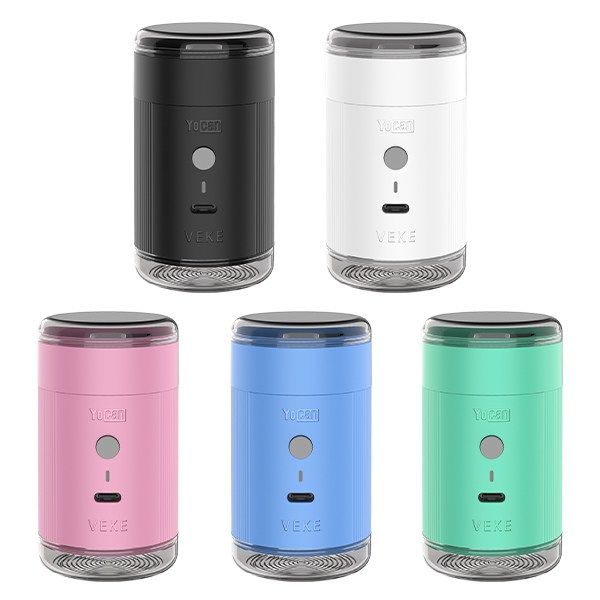
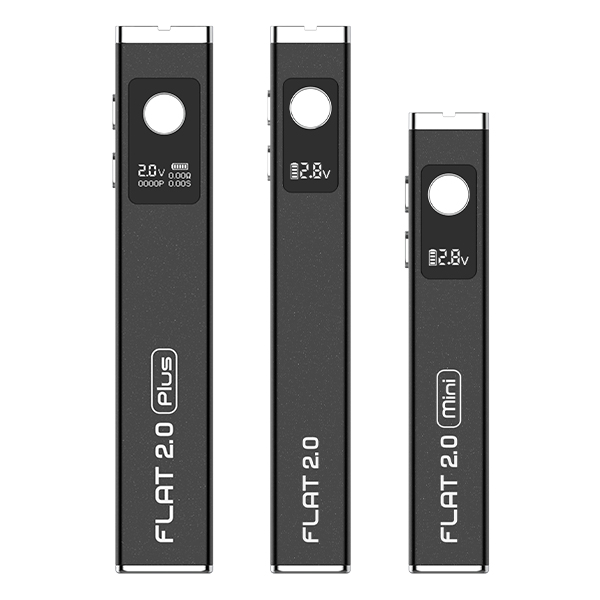
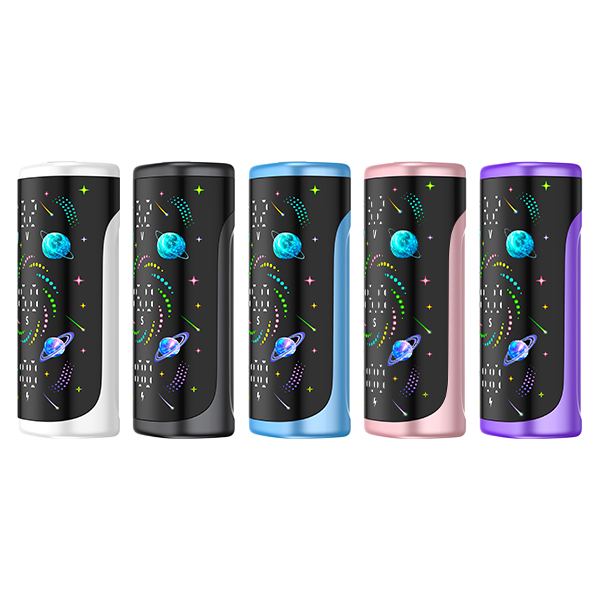
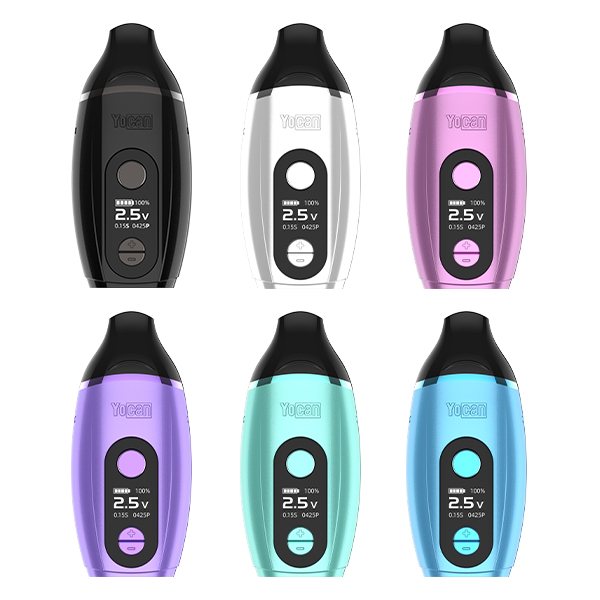
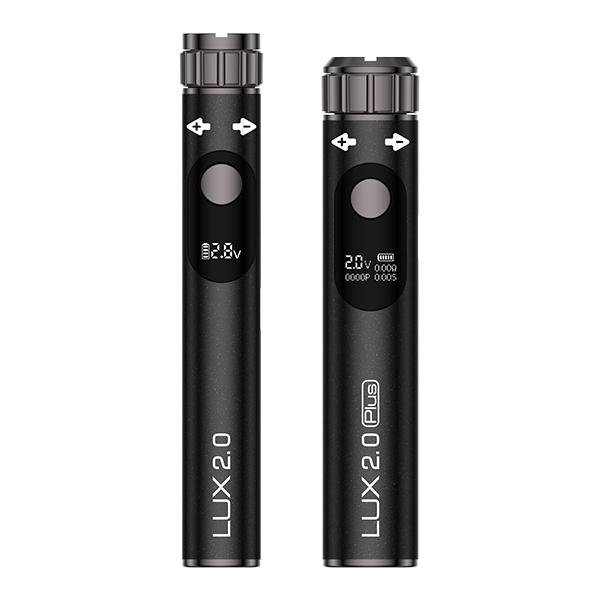
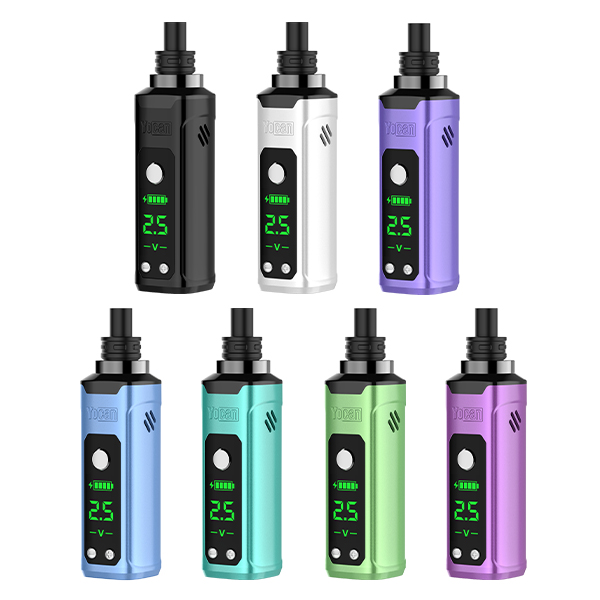
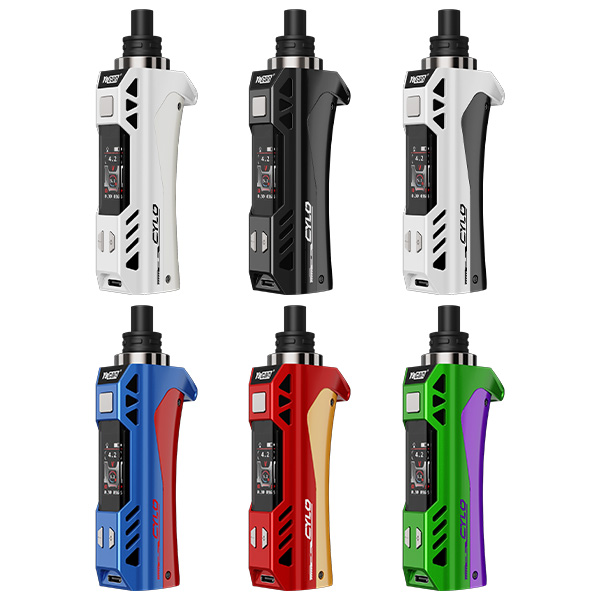
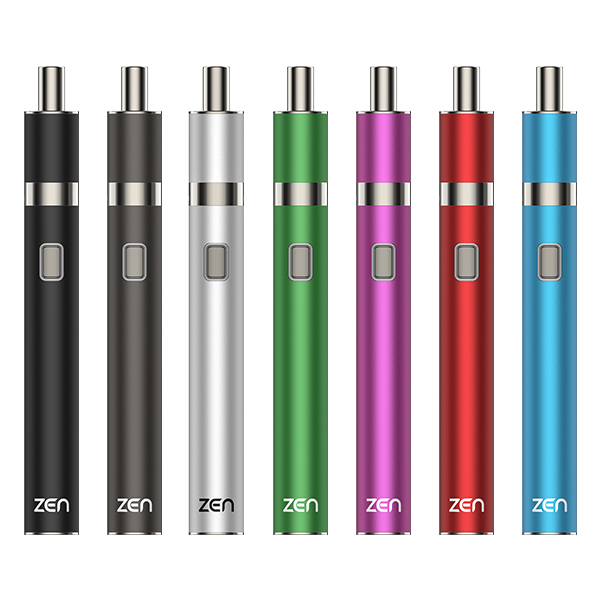
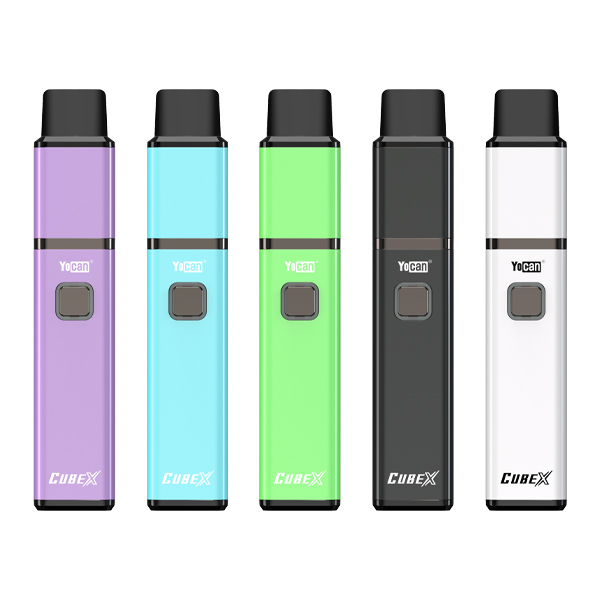
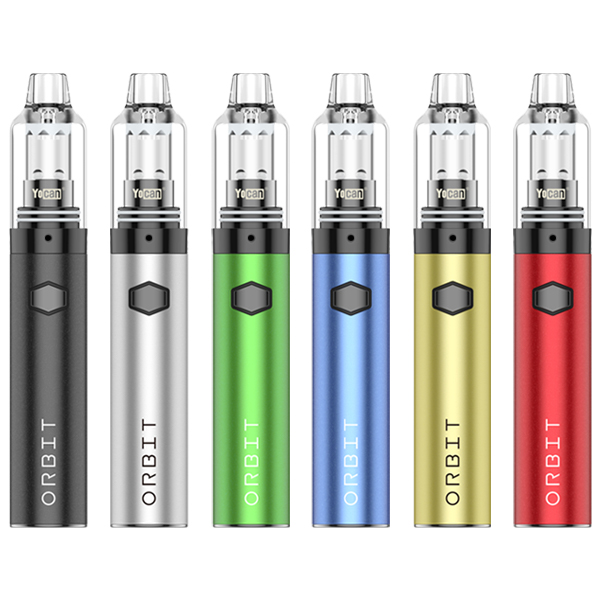
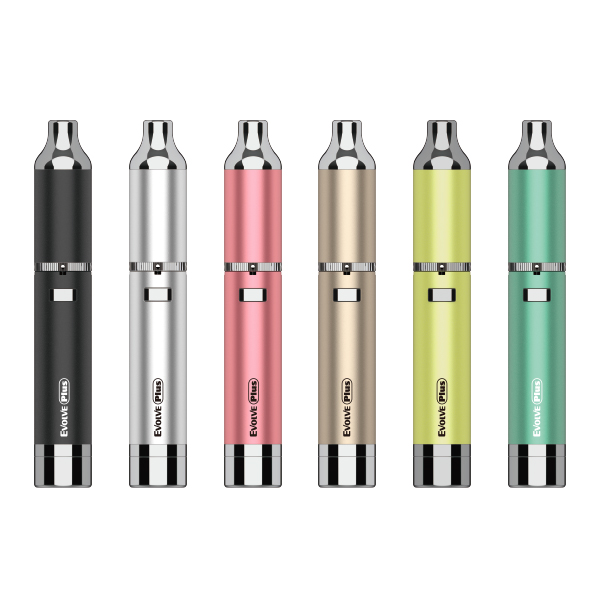
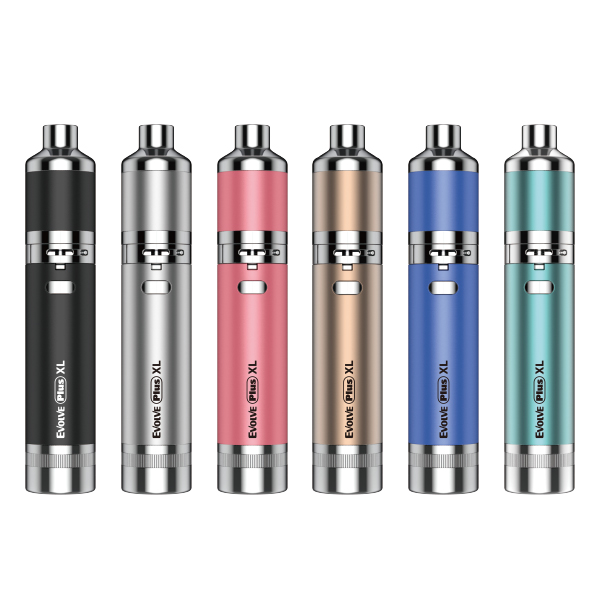
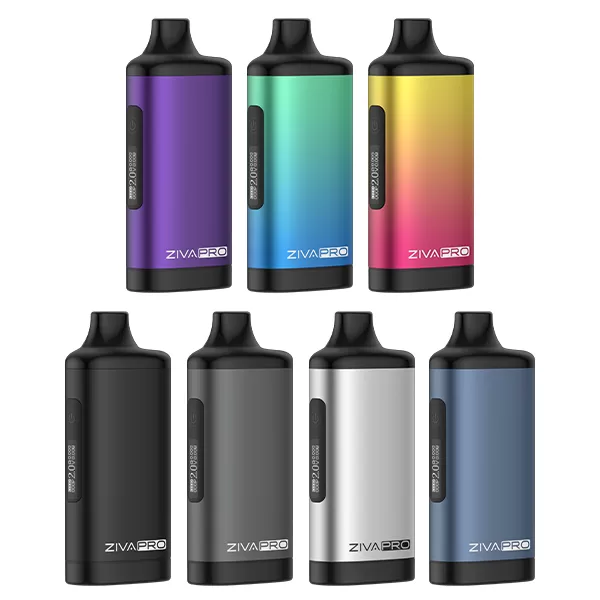
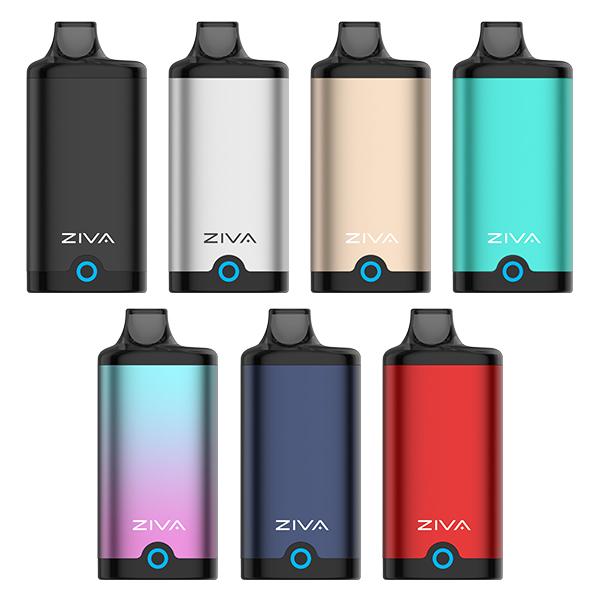
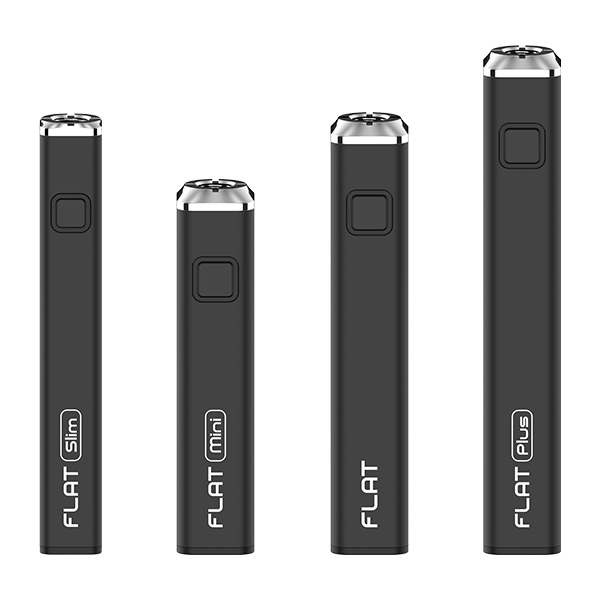

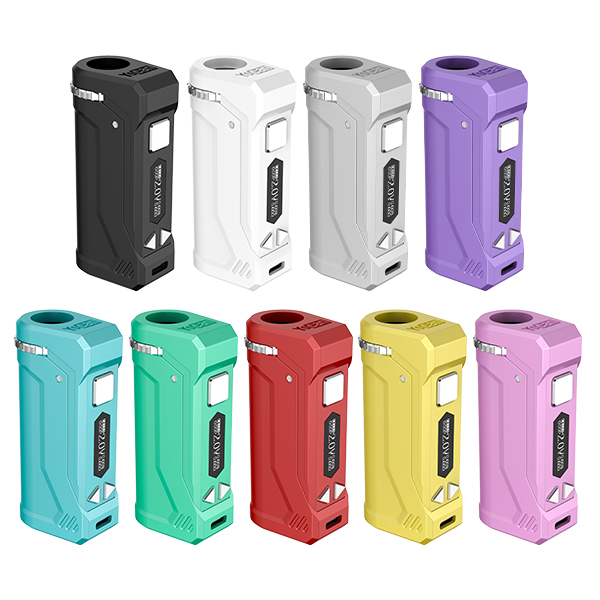
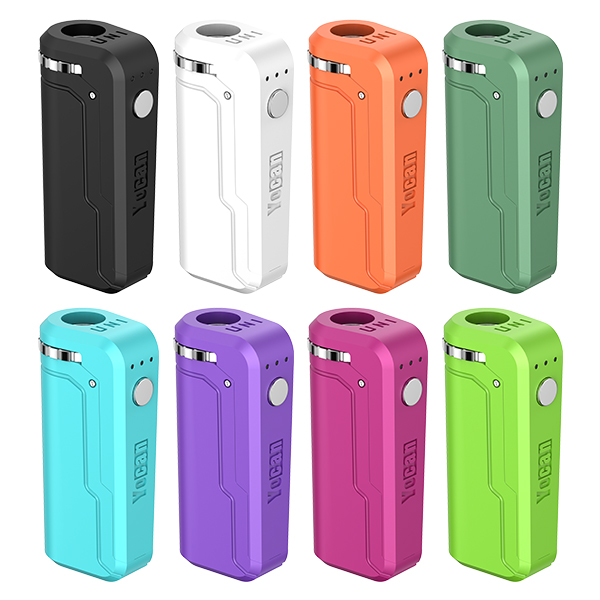
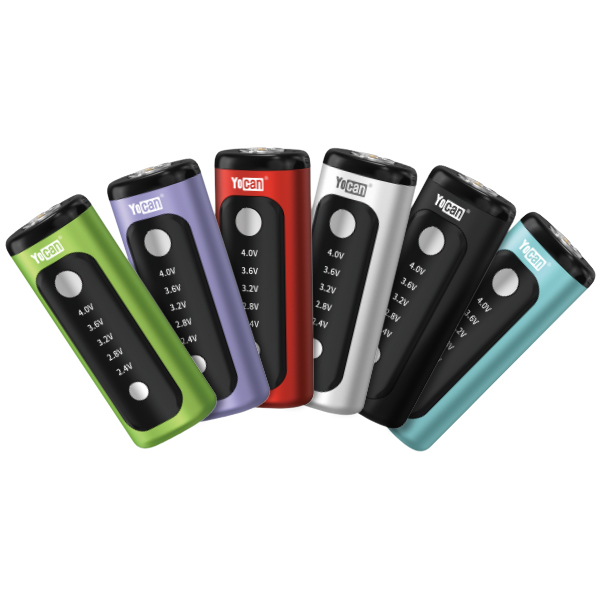
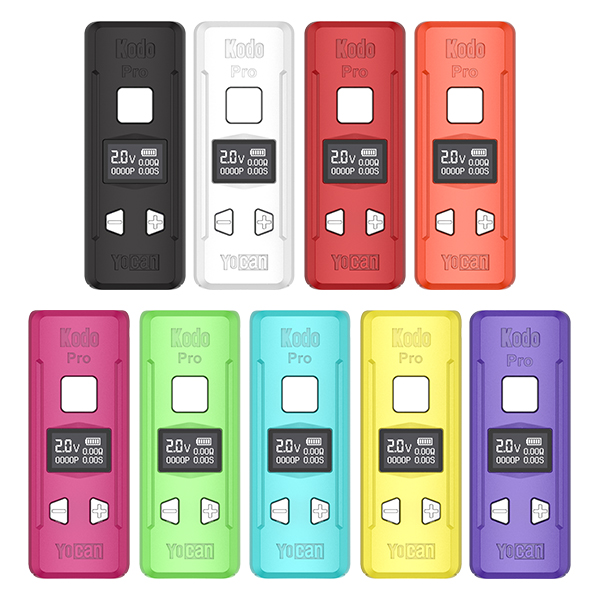
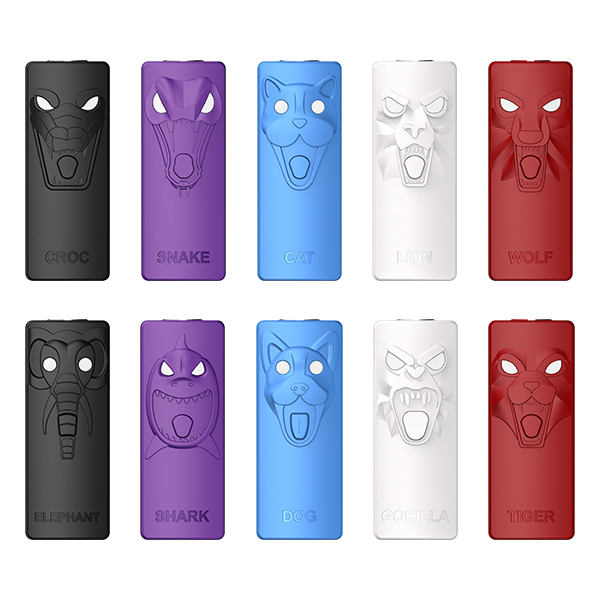
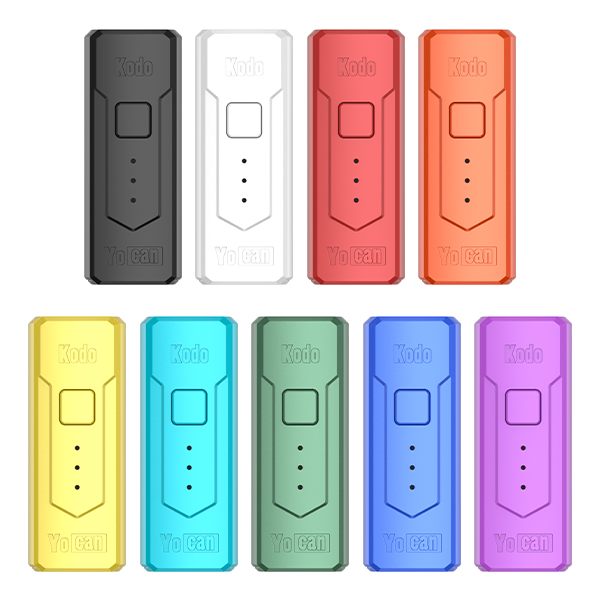
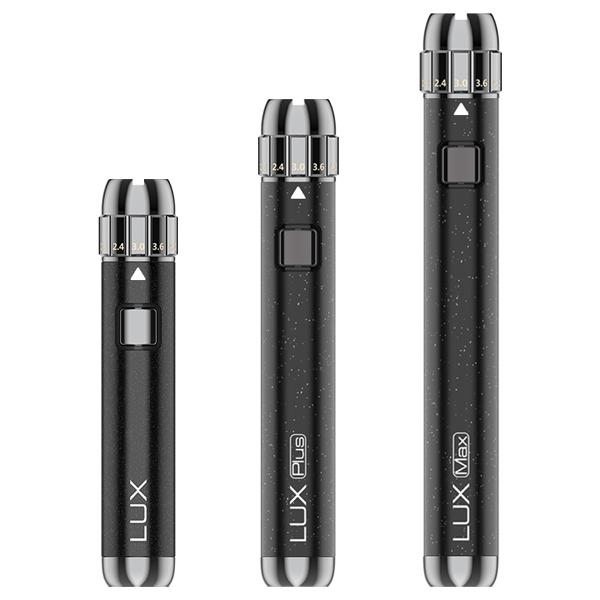
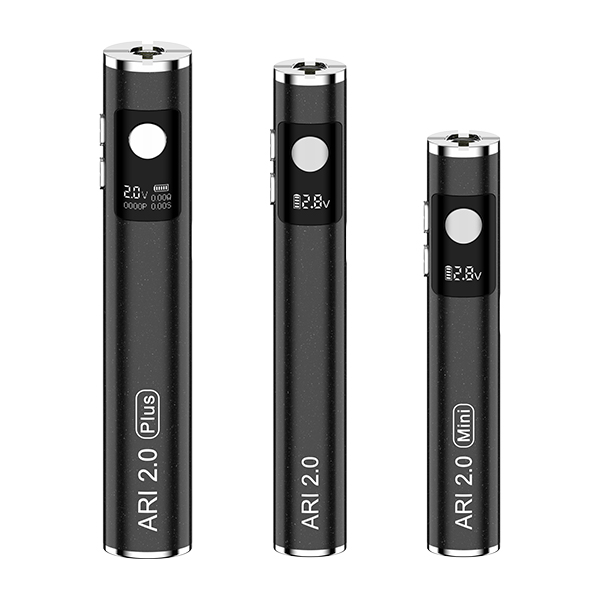
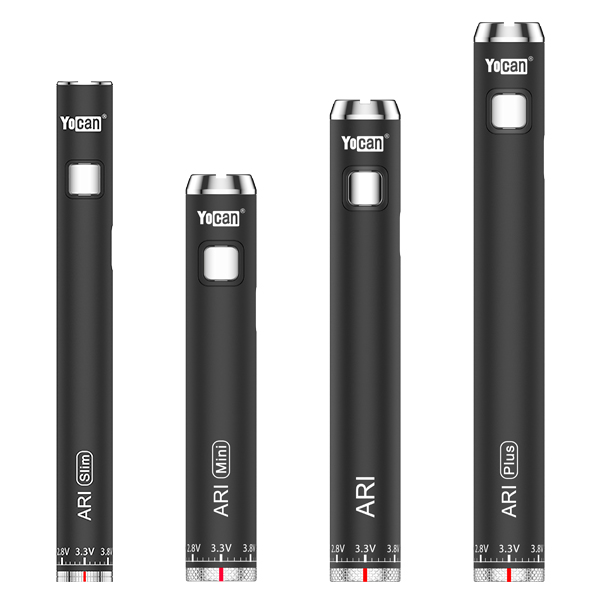
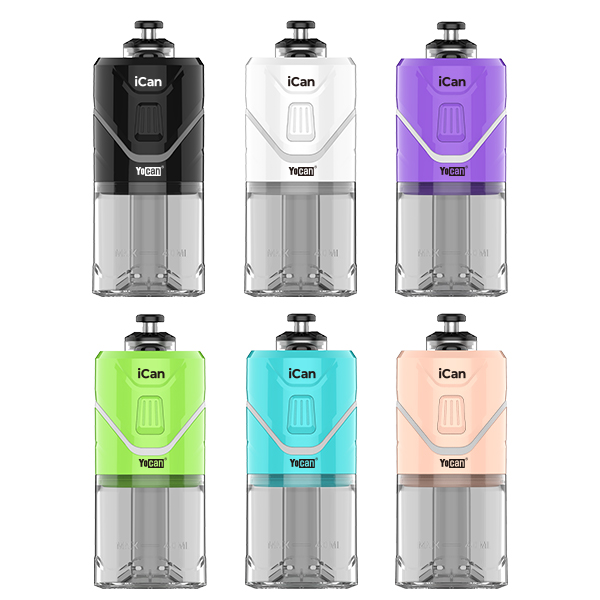
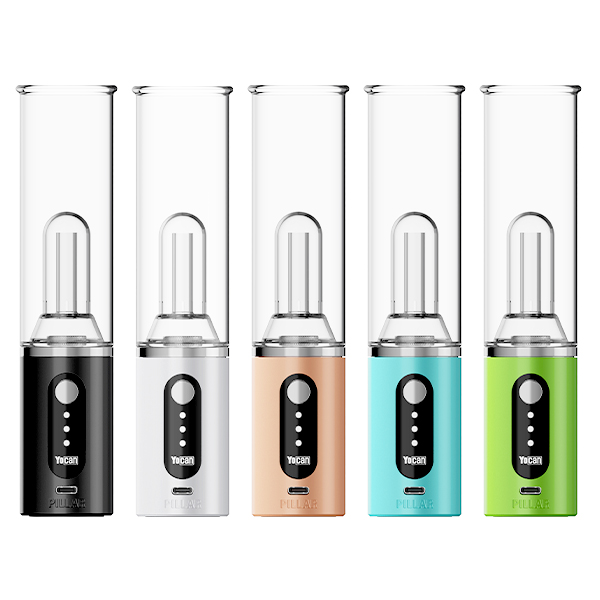
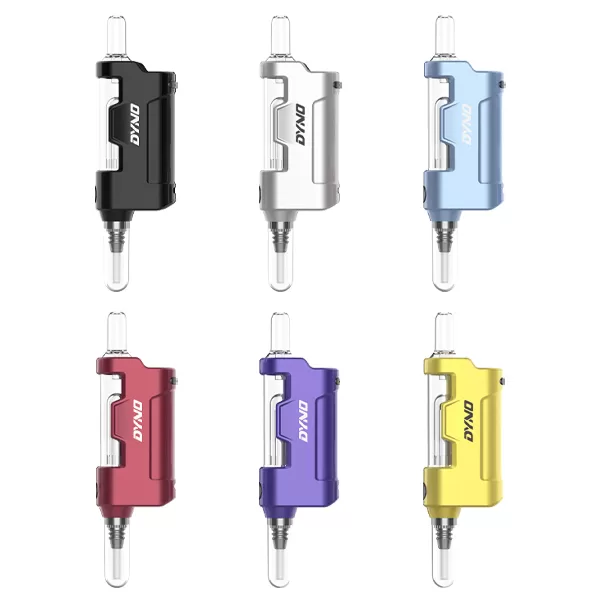
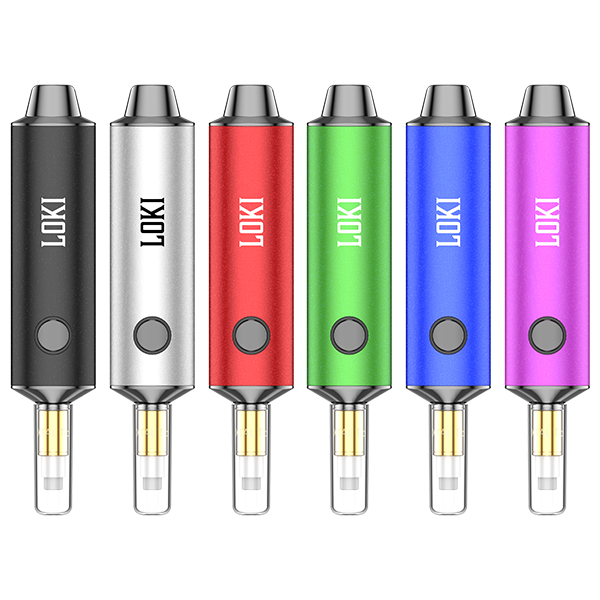
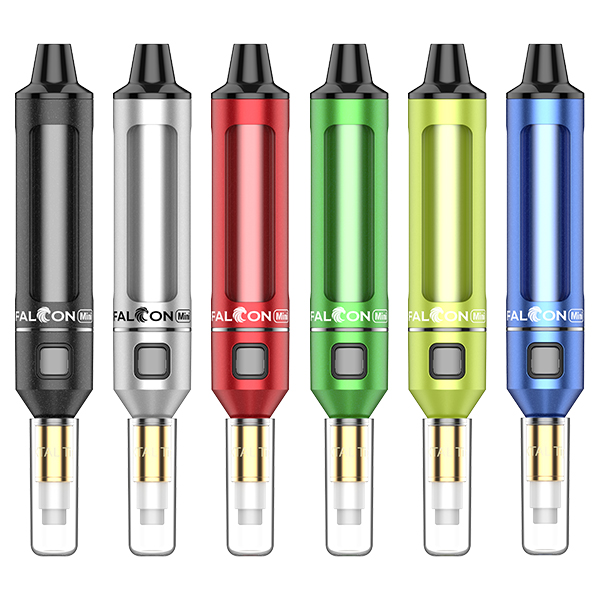
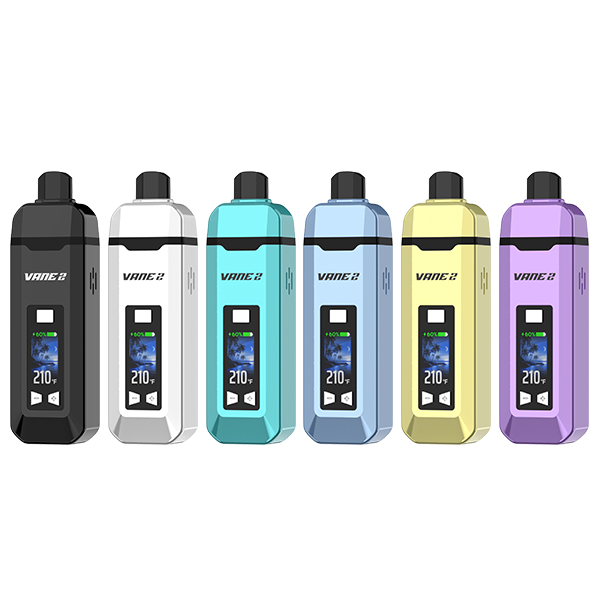
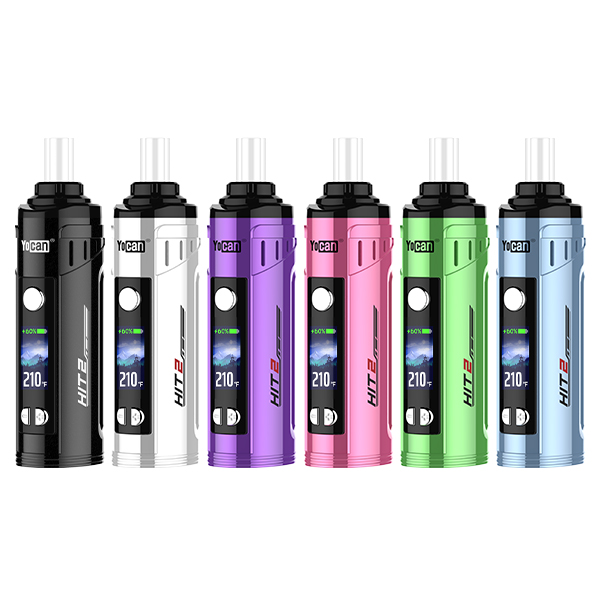
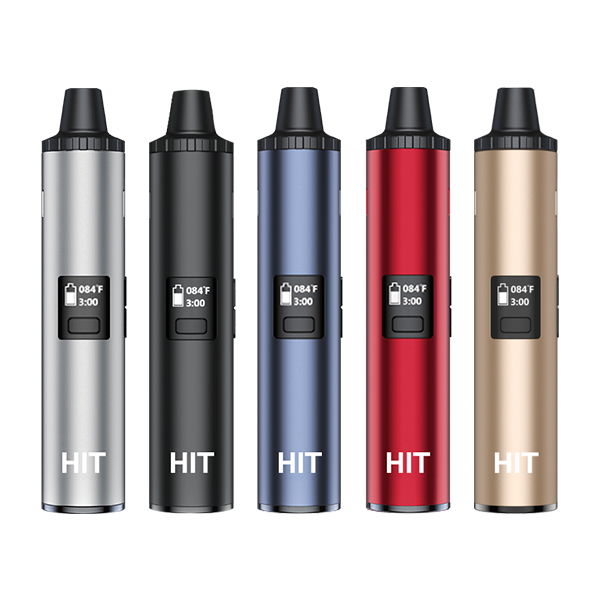
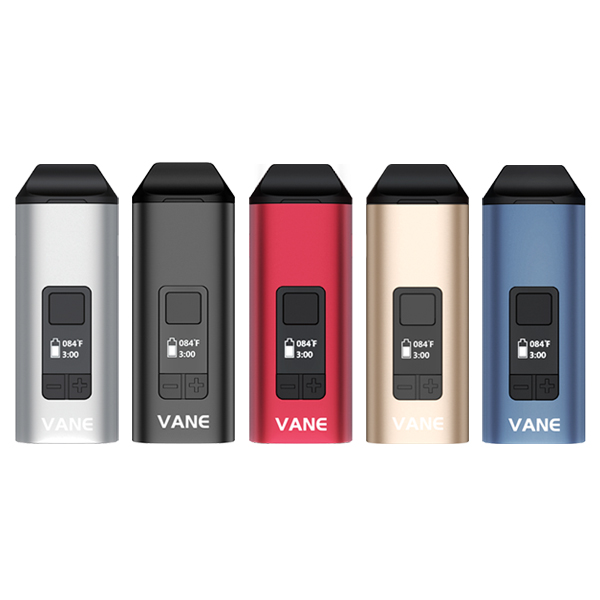
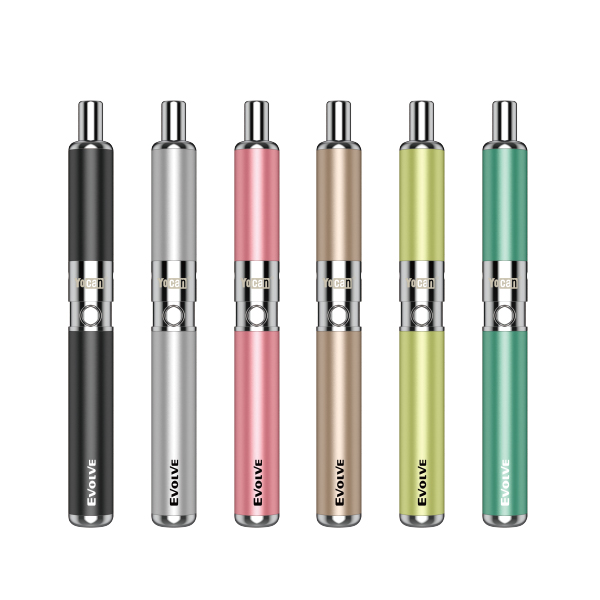
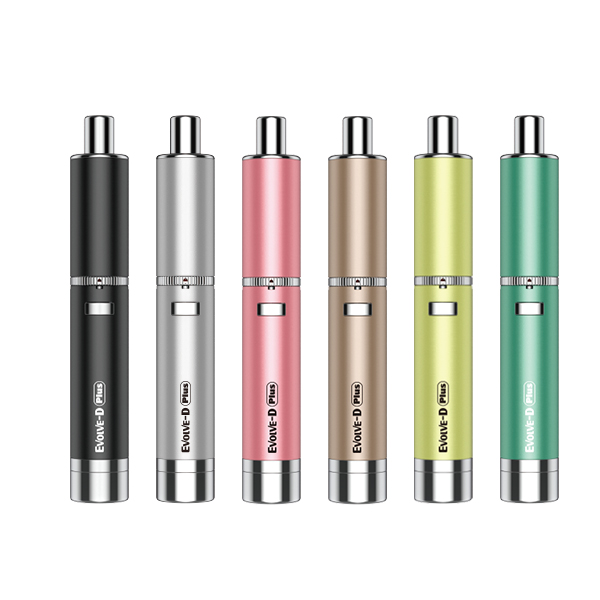

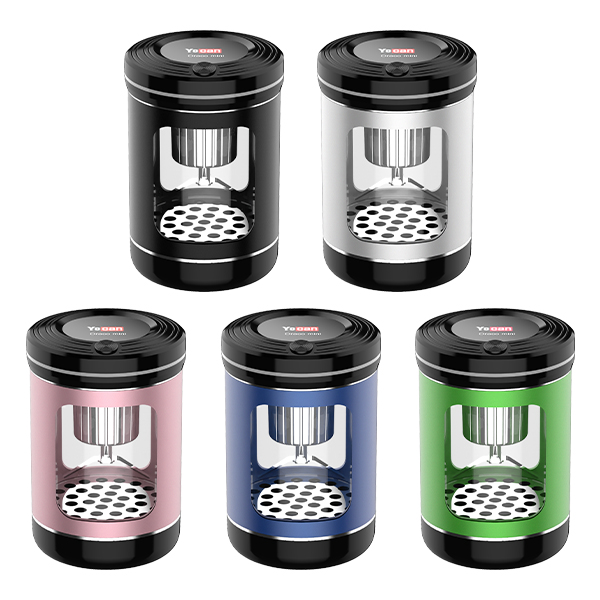
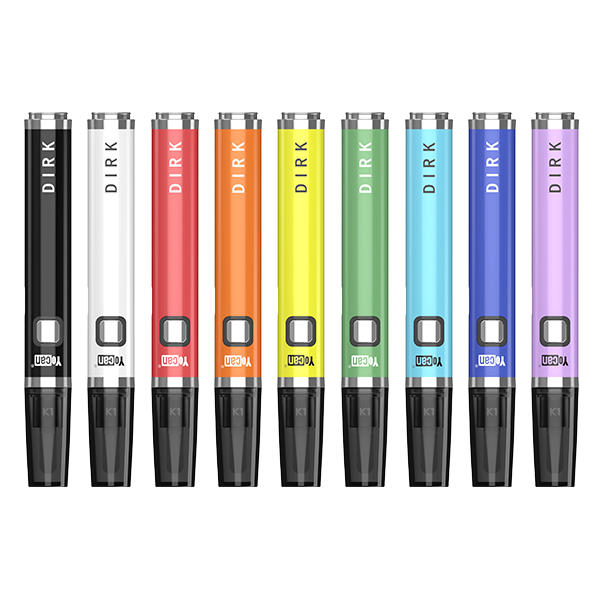
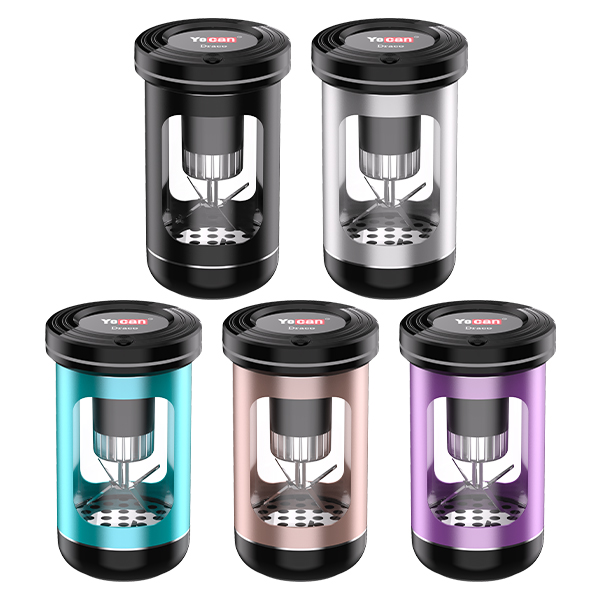
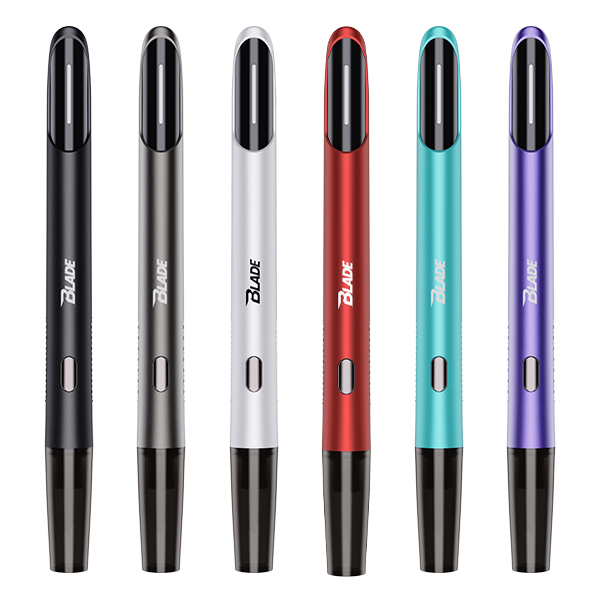
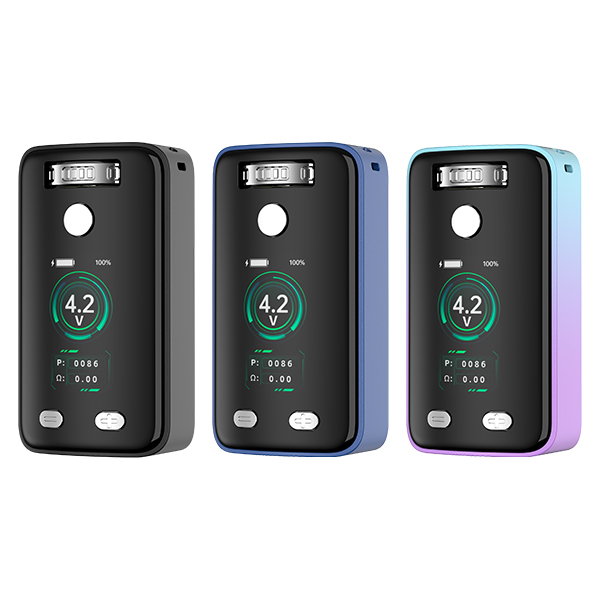
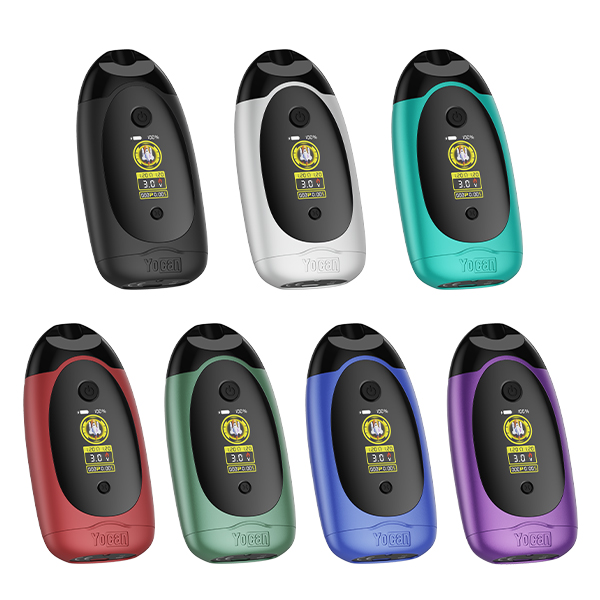
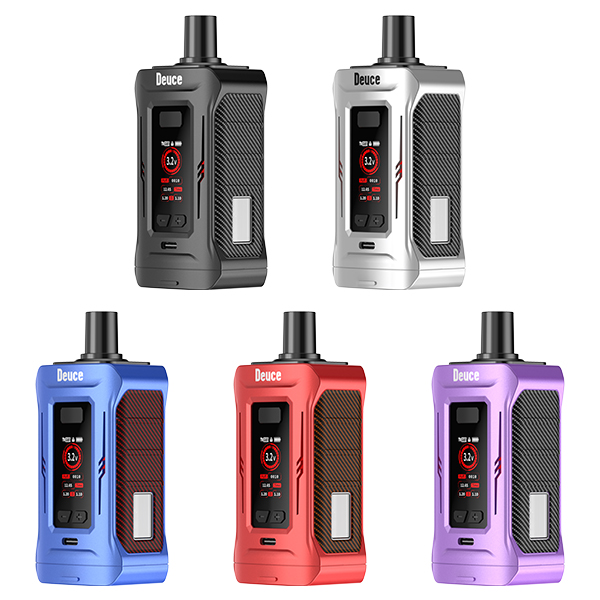
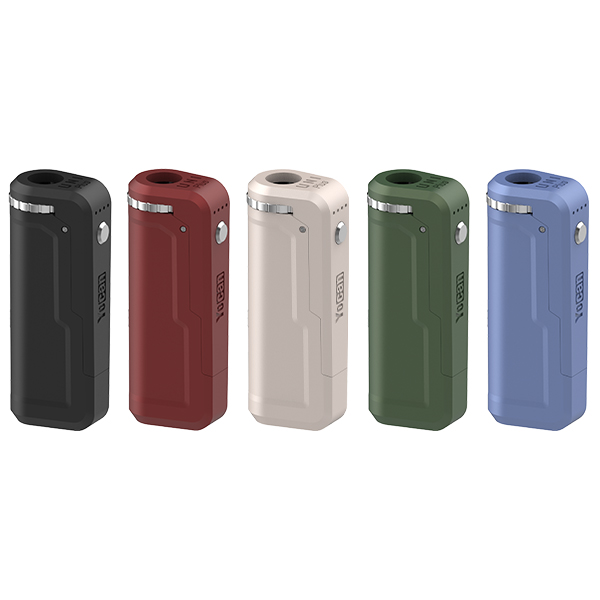
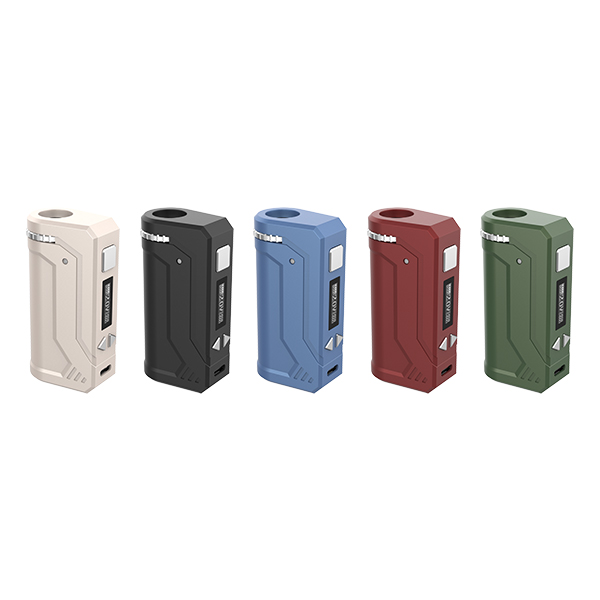
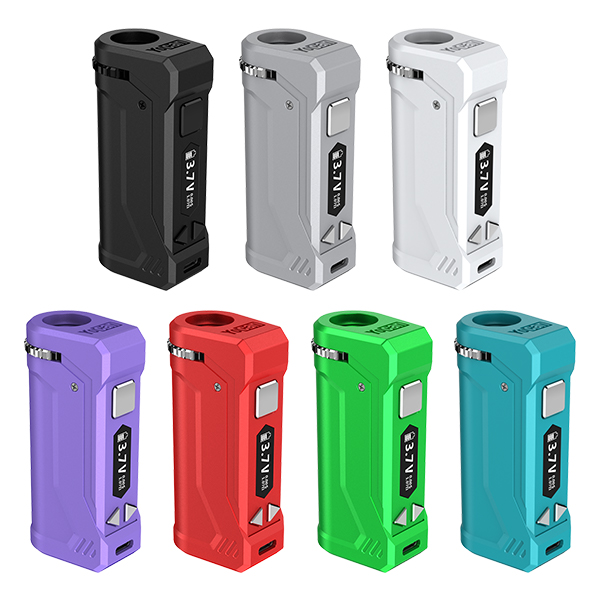
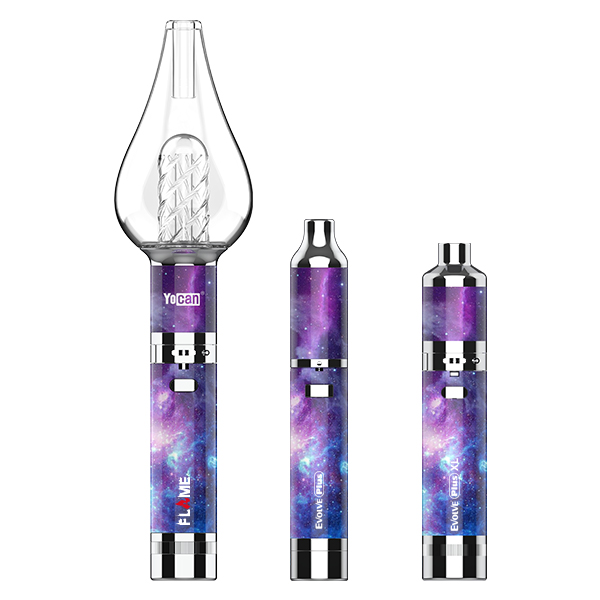
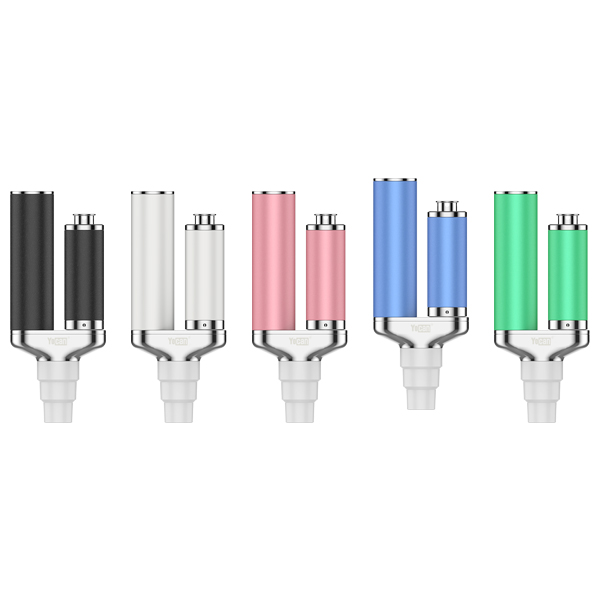
Thanks for the informative post – definitely answered a lot of my questions!
Sometimes I have early after recession, people say there’s no popcorn and smooth. I go I burnt the popcorn lol.